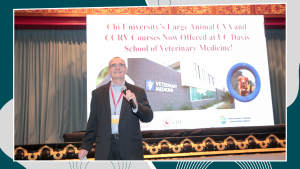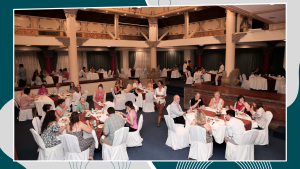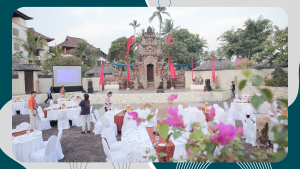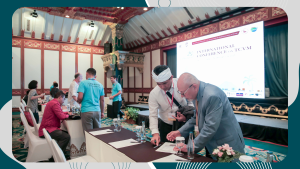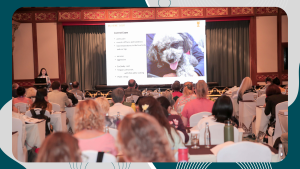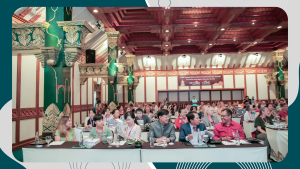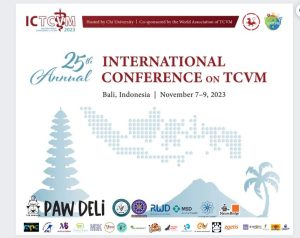
The 25th Annual International Conference on Traditional Chinese Veterinary Medicine (ICTCVM) marked a historic moment as it stepped outside the familiar territories of the United States and China for the first time. This groundbreaking event was hosted on the enchanting island of Bali, Indonesia, attracting 132 veterinarians, including representatives from 13 Indonesian professionals and a diverse array of participants from around the globe.

Global Participation:
Diversity was the hallmark of ICTCVM 2023, with veterinary experts gathered from various corners of the world. Among the countries represented were Germany, Hungary, Puerto Rico, Brazil, Croatia, Turkey, Ireland, Japan, Korea, India, China, Hong Kong, Singapore, Malaysia, Thailand, the Philippines, the United States, Australia, Canada, and more.

Inauguration:
The inauguration of the conference was graced by the esteemed presence of President Chi University, Dr. Huisheng Xie, BVSc MS PhD. His participation highlighted the global significance of Traditional Chinese Veterinary Medicine (TCVM) and emphasized the collaborative spirit that brings experts from diverse backgrounds together.

Key Figures:
Dr. Mushtaq Memon BVSc, PhD, President of the World Association of Traditional Chinese Veterinary Medicine (WATCVM), also played a pivotal role in opening the event, further reinforcing the global commitment to advance TCVM practices.

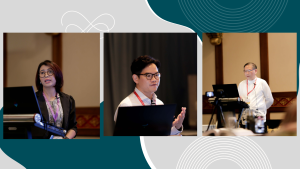
Representatives from Indonesia:
The host country, Indonesia, was well-represented by key figures in the veterinary field. Prof. Dr. dvm. I Ketut Puja, M.Kes., Chairman of the Indonesian Veterinary Medical Association Bali (IVMA Bali), initiated the proceedings. The Dean of the Faculty of Veterinary Medicine at Udayana University, represented by Vice Dean for Academic Affairs Dr. dvm. I Gusti Ngurah Sudisma, M.Si., and Drh Mohammad Munawaroh, MM, Chairman of IVMA, also played vital roles in shaping the conference’s agenda.

Collaborative Initiatives:
The conference highlighted the need for continued collaboration and improvement, particularly in the development of new subject courses related to Traditional Chinese Medicine. The emphasis was on enhancing cooperation in the learning process for veterinary practitioners engaged in the field of TCVM.
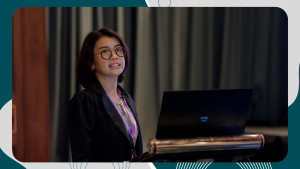
Future Prospects:
As the conference concluded, participants expressed optimism about the future of TCVM. The shared commitment to fostering collaboration and knowledge exchange showcased the potential for continued advancements in veterinary medicine, especially in the realm of Traditional Chinese Medicine. Attendees collectively advocated for the regular organization of similar events to consistently elevate the competence of veterinarians worldwide, particularly those specializing in TCVM.
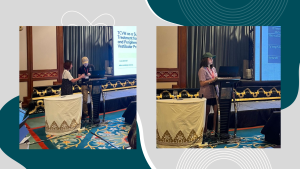
The 25th Annual International Conference on TCVM in Bali, Indonesia, will be remembered as a central moment in the history of veterinary medicine. By transcending geographical boundaries and fostering global collaboration, the event has set the stage for ongoing advancements in Traditional Chinese Veterinary Medicine, ensuring a brighter and more interconnected future for veterinary practitioners worldwide.
